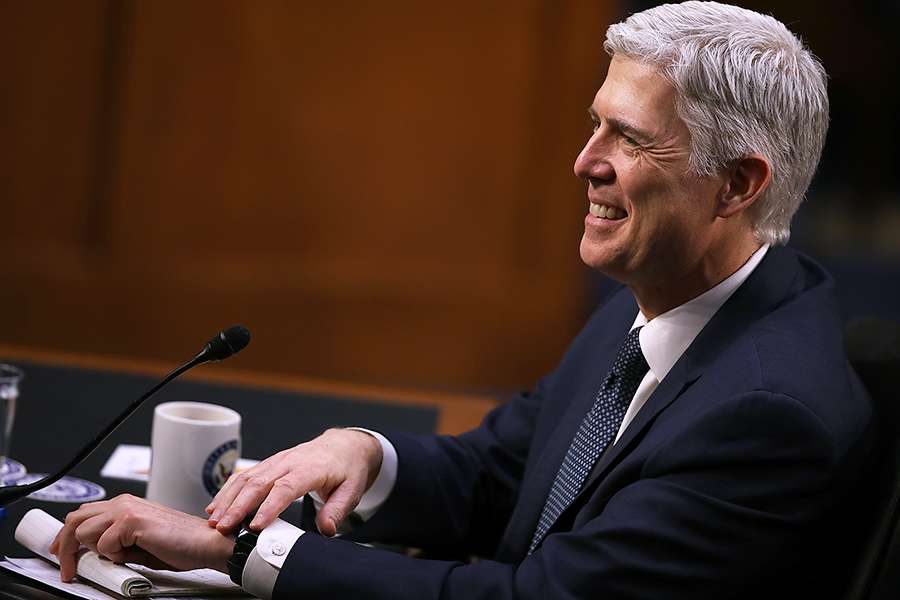Going Nuclear
On April 6, the Senate confirmation of Trump’s Supreme Court nominee, Neil Gorsuch, began.
For weeks, Gorsuch has been questioned by the Senate. However, there has been a lot of controversy surrounding his confirmation.
Many Democrats believe that his seat isn’t Trump’s to fill and are still reeling over the sting of Republicans’ refusing to hear Merrick Garland’s confirmation. Also, many believe that he is too conservative and pro-big business, which the Democrats claim will hurt their constituents.
For weeks, the Democrats have promised to filibuster, but Republicans threatened to “go nuclear” if they did.
Confirmation of a Supreme Court nominee requires 51 votes out of 100 senators; however, filibusters can impede discussion and the vote. In order to stop a filibuster, 60 votes are required, but the Republicans do not have this many votes because 45 Democrats have said they will filibuster. The Republicans can use the “nuclear option,” though, which would disallow a filibuster on this particular vote and would require 51 votes, which the Republicans have.
Thursday morning, Senate Majority Leader Mitch McConnell successfully triggered the nuclear option after Senate Minority Leader Chuck Schumer attempted a filibuster. The Senate will now vote to confirm Gorsuch on Friday.

